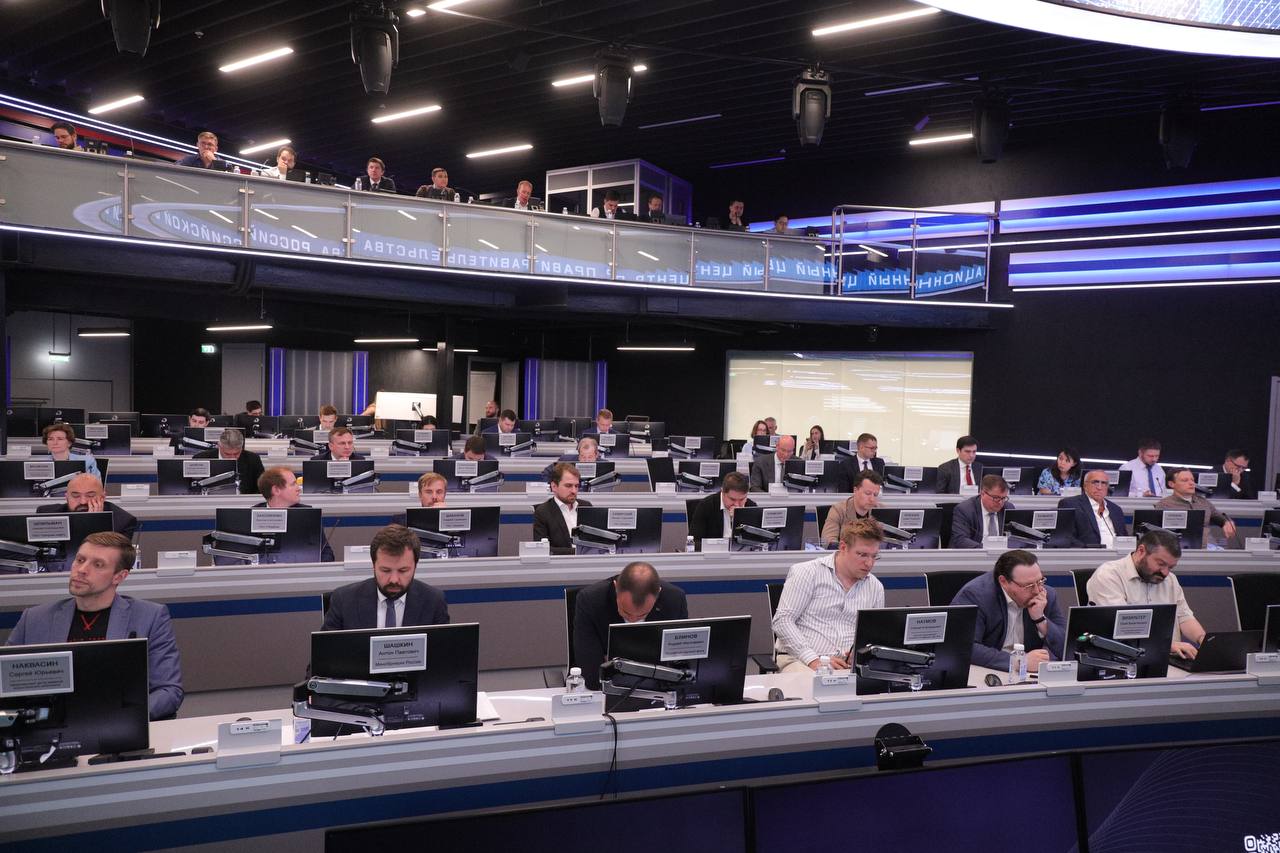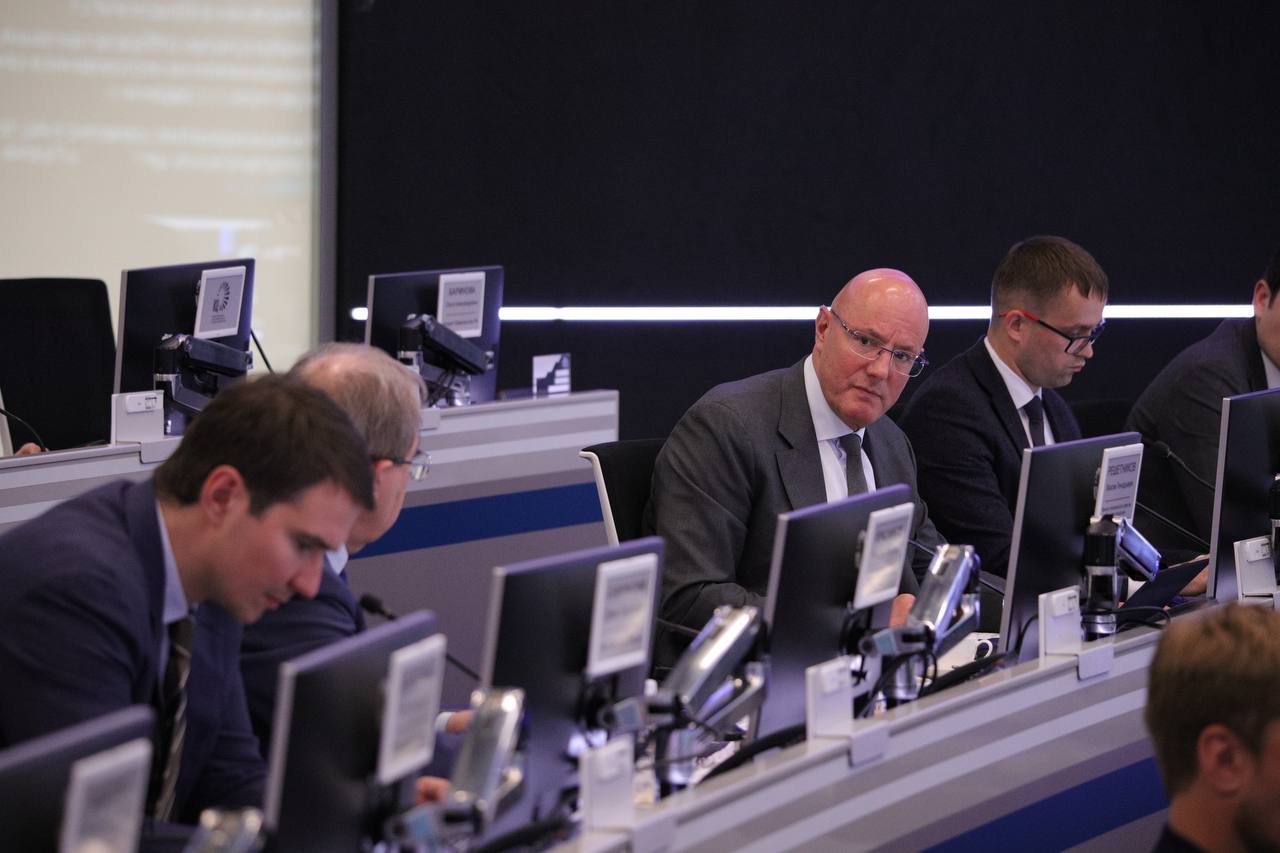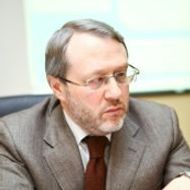HSE University and Sber Conduct Foresight in Artificial Intelligence

HSE University, in collaboration with Sber, have conducted a foresight study on artificial intelligence (AI). Its early results were discussed by the participants of a strategic foresight session on exploratory research in AI, held at the Coordination Centre of the Russian Government, headed by Deputy Prime Minister Dmitry Chernyshenko. The results from the foresight study will inform the Unified Research and Development Programme in the Field of AI.
Foresight refers to large-scale studies designed to identify promising areas for the development of science and technology that can impact the economy and society in the medium and long term. Foresight focuses not only on evaluating potential scenarios for science and technology development but also on selecting the preferable ones by involving key stakeholders and leading scientists from various scientific schools to build a coordinated position. Expert assessments (qualitative methods) form the basis for evaluating future options, while quantitative methods and big data analysis are also among the foresight techniques. AI foresight is a type of industry-level foresight. In addition, the HSE Institute for Statistical Studies and Economics of Knowledge (ISSEK) conducts foresight studies at the national, international, and corporate levels.
Work on AI foresight started in February 2024, almost simultaneously with the approval of the updated National AI Development Strategy for the period until 2030. More than 50 of the most esteemed experts in the field, representing business and government, participated in the study. Addressing the Coordination Centre's session, Mikhail Skvirsky, Managing Director at Sberbank PJSC, and Leonid Gokhberg, First Vice Rector and Director of ISSEK at HSE University, shared the objectives and progress of the foresight study.
HSE University was tasked with providing the foresight methodology. The study design was determined, in particular, based on key features of the AI field, such as its high dynamism and rapid implementation of scientific results into new products and services, Professor Gokhberg explained.
The task of identifying promising research areas in the field of AI was accomplished within an extremely short timeframe, spanning from February to May. During this period, the foresight organisers conducted an analysis of global trends and markets, scientific frontiers, and growth points, and also a series of surveys, expert interviews, and foresight sessions which involved leading Russian researchers in the field of AI.

The foresight analysis resulted in a three-level classification describing exploratory research in the field of AI. This classification includes ten key areas (such as fundamental and generative models, machine learning architectures and algorithms, security, trust, and explainability of AI), along with 37 subareas and 127 research tasks.

Maxim Kolesnikov
The results from the foresight analysis will form the foundation of the Unified Research and Development Programme in the Field of AI, according to Deputy Minister of Economic Development of the Russian Federation Maxim Kolesnikov. Additionally, it was decided to recommend the Russian Academy of Sciences (represented at the session by its President Gennady Krasnikov) to use the obtained results, starting from 2025, in the selection of exploratory research and examination of incoming research applications.
Maxim Kolesnikov also highlighted that support for flagship research centres in the field of AI, selected within the framework of the first wave, will end in 2024, and to ensure seamless financing of research in this area, new centres (of the third wave) will soon be selected. He emphasised that this would indeed entail 'a new selection, rather than an automatic extension of support for existing centres.'
The primary parameters of the new selection include conducting basic research on priority topics aligned with the results of foresight, implementing applied research commissioned by industry partners, and facilitating the training of scientific specialists.

Dmitry Chernyshenko
'Artificial intelligence has become the driving force behind industries aimed to ensure the development of the supply-side economy. Simultaneously, with the emergence of large language models, our focus is increasingly on supporting basic science. Specifically, we have established AI research centres and have started using them to train scientists who will specialise in adapting generative AI to meet the requirements from various industries. This collaboration will enable us to attain technological leadership while enhancing the quality of people's lives, generating new employment opportunities, and bolstering the competitiveness of the economy.'
See also:
‘Economic Growth Without the AI Factor Is No Longer Possible’
The International Summer Institute on AI in Education has opened in Shanghai. The event is organised by the HSE Institute of Education in partnership with East China Normal University (ECNU). More than 50 participants and key speakers from over ten countries across Asia, Europe, North and South America have gathered to discuss the use of AI technologies in education and beyond.
Recommender Systems: New Algorithms and Current Practices
The AI and Digital Science Institute at the HSE Faculty of Computer Science hosted a conference focused on cutting-edge recommender system technologies. In an atmosphere of active knowledge sharing among leading industry experts, participants were introduced to the latest advancements and practical solutions in recommender model development.
AI to Enable Accurate Modelling of Data Storage System Performance
Researchers at the HSE Faculty of Computer Science have developed a new approach to modelling data storage systems based on generative machine learning models. This approach makes it possible to accurately predict the key performance characteristics of such systems under various conditions. Results have been published in the IEEE Access journal.
AI Predicts Behaviour of Quantum Systems
Scientists from HSE University, in collaboration with researchers from the University of Southern California, have developed an algorithm that rapidly and accurately predicts the behaviour of quantum systems, from quantum computers to solar panels. This methodology enabled the simulation of processes in the MoS₂ semiconductor and revealed that the movement of charged particles is influenced not only by the number of defects but also by their location. These defects can either slow down or accelerate charge transport, leading to effects that were previously difficult to account for with standard methods. The study has been published in Proceedings of the National Academy of Sciences (PNAS).
‘Services Must Be Flexible’: How Governments Can Use Artificial Intelligence
The HSE International Laboratory for Digital Transformation in Public Administration held a roundtable titled ‘Artificial Intelligence in Public Administration: Current Trends.’ Scholars from Israel, China, and Russia discussed which public services AI can enhance and what key factors must be considered when adopting new technologies.
Artificial Intelligence Improves Risk Prediction of Complex Diseases
Neural network models developed at the HSE AI Research Centre have significantly improved the prediction of risks for obesity, type 1 diabetes, psoriasis, and other complex diseases. A joint study with Genotek Ltd showed that deep learning algorithms outperform traditional methods, particularly in cases involving complex gene interactions (epistasis). The findings have been published in Frontiers in Medicine.
Artificial Intelligence as a Catalyst for Sustainable Development
Artificial intelligence is transforming every aspect of life, expanding both our capabilities and our boundaries. At the same time, it presents new challenges for humanity, including concerns about safety, ethics, and environmental sustainability. Today, each neural network leaves a significant carbon footprint. However, with responsible management, AI has the potential to benefit the planet and become a cornerstone of a sustainable future economy. Panos Pardalos, Academic Supervisor of the Laboratory of Algorithms and Technologies for Network Analysis at the HSE Campus in Nizhny Novgorod, emphasised this point as he addressed the XXV Yasin (April) International Academic Conference on Economic and Social Development.
HSE Develops Its Own MLOps Platform
HSE researchers have developed an MLOps platform called SmartMLOps. It has been created for artificial intelligence researchers who wish to transform their invention into a fully-fledged service. In the future, the platform may host AI assistants to simplify educational processes, provide medical support, offer consultations, and solve a wide range of other tasks. Creators of AI technologies will be able to obtain a ready-to-use service within just a few hours. Utilising HSE’s supercomputer, the service can be launched in just a few clicks.
‘HSE’s Industry Ties Are Invaluable’
Pan Zhengwu has spent the last seven years at HSE University—first as a student of the Bachelor’s in Software Engineering and now in the Master’s in System and Software Engineering at the Faculty of Computer Science. In addition to his busy academic schedule, he works as a mobile software engineer at Yandex and is an avid urban photographer. In his interview with the HSE News Service, Zhengwu talks about the challenges he faced when he first moved to Russia, shares his thoughts on ‘collaborating’ with AI, and reveals one of his top spots for taking photos in Moscow.
Scientists Present New Solution to Imbalanced Learning Problem
Specialists at the HSE Faculty of Computer Science and Sber AI Lab have developed a geometric oversampling technique known as Simplicial SMOTE. Tests on various datasets have shown that it significantly improves classification performance. This technique is particularly valuable in scenarios where rare cases are crucial, such as fraud detection or the diagnosis of rare diseases. The study's results are available on ArXiv.org, an open-access archive, and will be presented at the International Conference on Knowledge Discovery and Data Mining (KDD) in summer 2025 in Toronto, Canada.



